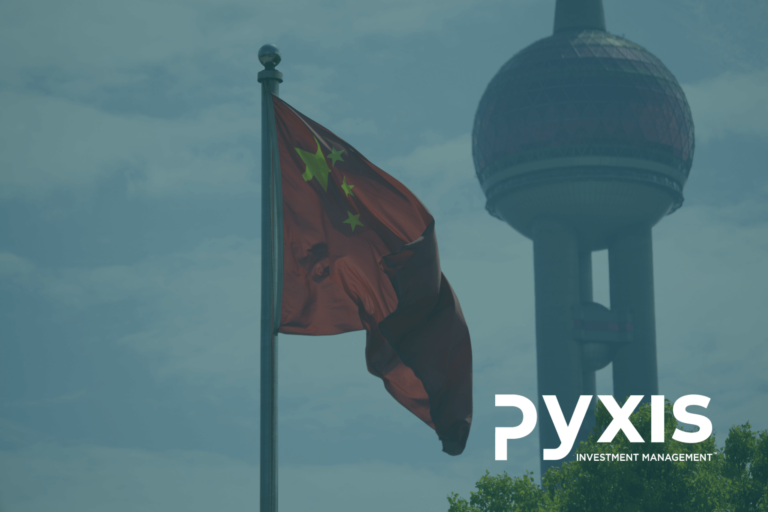Estate administration in foreign jurisdictions:
Considerations regarding situs and civil law jurisdictions
Our previous article explored the role of an executor and the process of administering an estate in the South African Jurisdiction. This week we will delve into the realm of foreign jurisdictions and international assets. We hope to provide you with insight to questions such as:
- what is situs;
- what does the term probate actually refer to and is it as complicated as it sounds;
- what are the different legal systems that deal with the law of succession and how do they apply to your South African will and your foreign assets?
We hope after reading this article you will be better equipped to plan your estate in such a way as to deal with the foreign implications, as well as local, on informed terms.
-
WHAT IS SITUS
Situs is the term used to define the place to which, for purposes of legal jurisdiction or taxation, a property belongs. For purposes of estate administration, this refers to the legal jurisdiction applicable to offshore assets in an estate. For example, on death an asset which is located in South Africa is governed by means of South African law of succession, while an asset located in the United Kingdom will be governed by the law of succession in the United Kingdom.
The take-away is that jurisdiction is not automatically granted by the Master of the High Court to the country in which the majority of assets in an estate are located. It is more complex. Foreign law and jurisdictions are always taken into consideration.
This is important because, regardless of your will in South Africa, any assets you have in foreign jurisdictions need to be administered in those jurisdictions and will be wound up in terms of those jurisdictions’ legal practices, as far as estate administration is concerned.
There are certain jurisdictions, generally countries that have been colonised by Spain, Portugal, and the Netherlands, that function primarily in terms of Roman Dutch Law (Civil Law) when winding up an estate. These countries do not recognise freedom of testation and apply alternate taxes (referred to as inheritance tax) to assets distributed in these jurisdictions. It is possible to avoid this problem in some jurisdictions, if your South African will is drafted correctly and in such a manner that alternate jurisdictions recognise the wording. It is also advisable that you seek advice on the applicable tax rate in Civil Law jurisdictions that you are exposed to.
-
WHAT DOES THE TERM PROBATE MEAN
The definition of probate is often confusing and overly complicated than what it is from a practical perspective. Simply put, probate is the term commonly used offshore when applying for the right to deal with the assets of a deceased person after death – what we commonly refer to as authority to act as an executor of an estate.
An executor acting for an estate, in South Africa, and dealing with foreign assets must therefore obtain a grant of probate in the jurisdictions in which the assets are held.
In Civil Law jurisdictions, estates are dealt with differently and outside of our law of succession (Common Law). In these countries, a ‘certificate of inheritance’ is required to establish whether the deceased/beneficiary was/is a resident of the civil law jurisdiction or not.
In a Civil Law Country, forced heirship rules apply and tax liability typically affects the beneficiary. Which is where liquidity in an estate and sufficient policies in favour of heirs are beneficial. It is therefore of the utmost importance that you seek professional advice if you have any assets located in a Civil Law jurisdiction, or if you intend on investing in Civil Law jurisdictions in future (including to obtain residency through investment).
-
THE WAY FORWARD
The information in this article aims to empower individuals to take control of their estates and ensure that South African citizens, or foreign citizens residing in South Africa, understand the impact offshore investments have on their estate planning long term.
In summary, your South African drafted will does not necessarily apply to, and is not necessarily valid in respect of, your offshore assets. Situs determines the jurisdiction in which law of succession will apply, as well as the tax implications on foreign assets. You need to apply for probate before you can even think about winding up assets in foreign jurisdictions and whether those assets will be dealt with in terms of Civil Law (essentially South African Law of Intestate Succession) is determined by the jurisdiction in which those assets are held and how well your will has been drafted.
Dealing with estates in South Africa is a tedious process and, as explained in part one of this series, can be delayed if there is a deficiency in knowledge around the process and which departments should be dealt with. The importance of seeking the assistance of a knowledgeable professional should not be underestimated, as assets held in foreign jurisdictions can delay the process further if the correct plans were not pre-emptively put in place.
Register for your complimentary will and/or trust review
A high level overview of any risk or legislative updates you should be aware of in terms of your current will and/or trust documents.
ABOUT THE AUTHOR:
Savannah Solomons
Savannah Solomons is an LLB Graduate of the North West University (NWU). She practices in the commercial field and has experience in transactional work such as mergers, acquisitions, joint ventures, due diligence, compliance investigations and reports. She has worked for large corporates as well as multinational companies.






